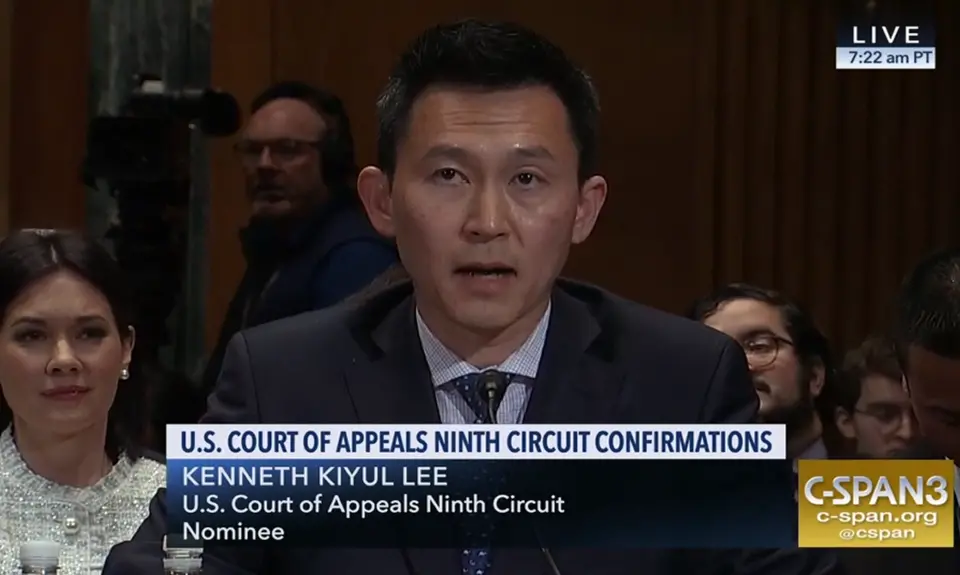“Confirmed Judges, Confirmed Fears” is a blog series documenting the harmful impact of President Trump’s judges on Americans’ rights and liberties. Cases in the series can be found by issue and by judge at this link.
Trump Ninth Circuit judge Kenneth Lee cast the deciding vote in a 2-1 panel decision dismissing a lawsuit against a California public school principal who threatened a parent. Jane Doe, an undocumented immigrant, was concerned about the school’s lunch policy. Principal Juan Ruelas allegedly threatened to call immigration if she went to the school board with her complaint. Doe and her children sued, but the panel Lee was part of dismissed her case rather than let her make her case before a jury. The April 2020 case was Doe v. Pasadena Unified School District.
Lee ruled that she had no Equal Protection case because Principal Ruelas did not threaten Doe because of her immigration status, but instead simply used her immigration status to tailor a threat based on an unrelated issue. In dissent, district court Judge Algenon Marbley (sitting by designation) would have allowed Doe to make her case at trial. He explained that stigma and loss of dignity experienced by students due to discriminatory treatment based on national origin is an Equal Protection violation, and that principle should apply to Doe and her children as well. He also criticized the majority for ignoring that the heart of Ruela’s threat was based at least in part on Doe’s national origin. Marbley wrote that Doe presented enough to advance to a trial.
On the issue of whether the threat violated Doe’s right to free speech, Lee concluded that the principal was protected by qualified immunity because the threat did not violate Doe's “clearly established . . . constitutional rights of which a reasonable person would have known.” But as Marbley explained in dissent, a court does not have to have decided a case on precisely analogous facts in order for a constitutional right to be clearly established under the law. Under precedent, “the constitutional right to be free from retaliation is clearly established.”
